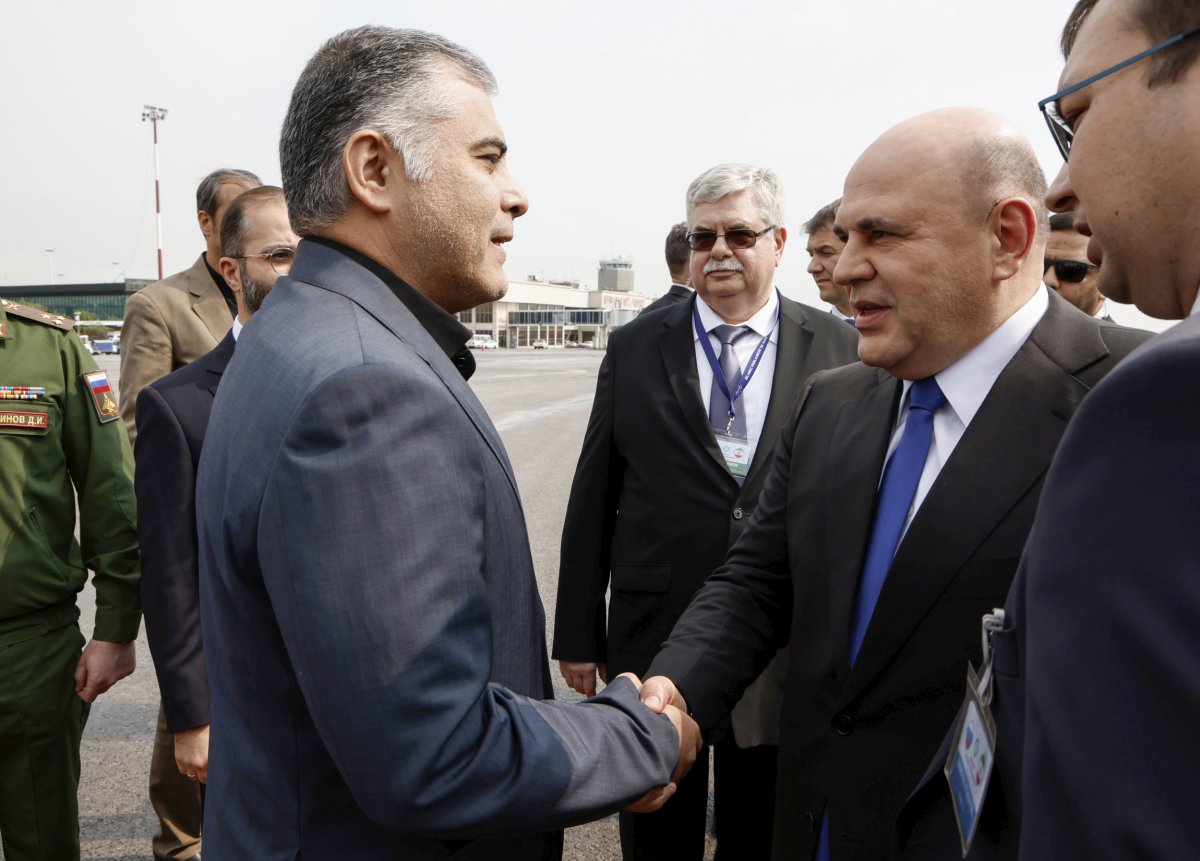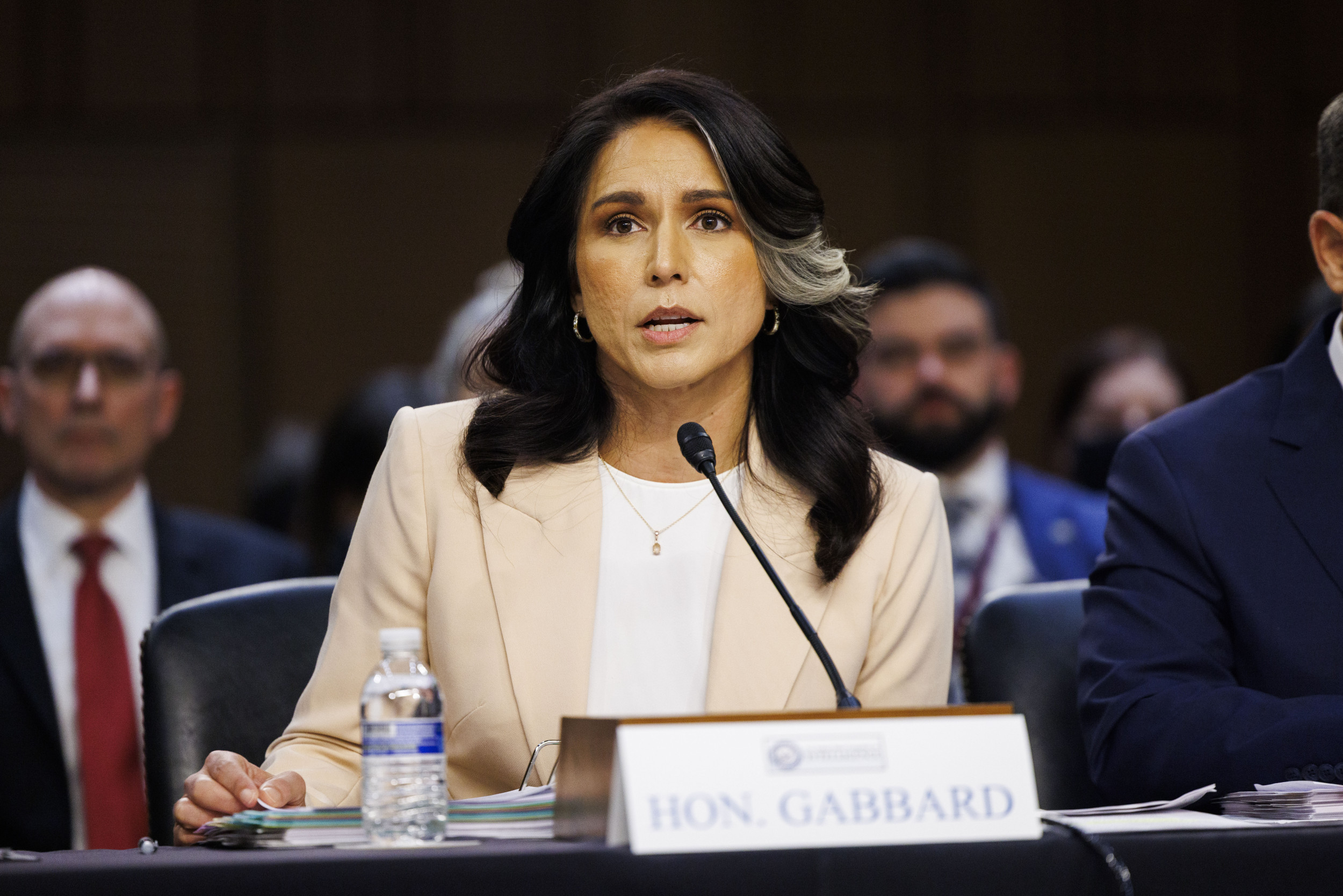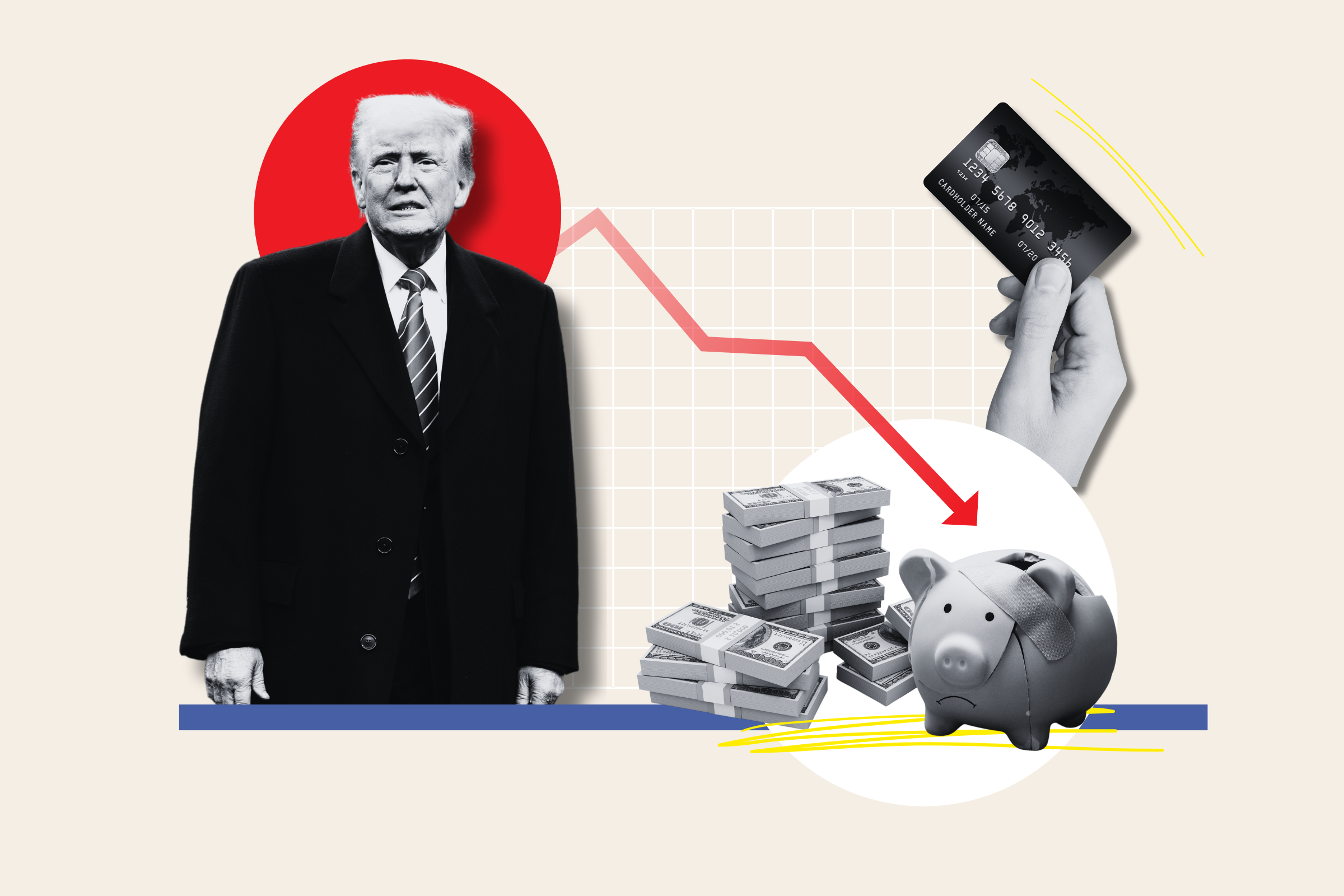Oil prices surged on Friday, heading for a second consecutive weekly gain, as new U.S. sanctions on Iran intensified concerns over global supply.
The latest measures, which for the first time targeted China's independent "teapot" refineries, signaled Washington's growing pressure on Beijing's role in the Iranian oil trade.
Newsweek has reached out to the Iranian and Chinese foreign ministries for comment.
Why It Matters
By expanding sanctions to include Chinese refiners, the U.S. has escalated its efforts to curb Iran's ability to sell crude. These "teapots," smaller private refineries, play a critical role in processing Iranian oil, allowing Tehran to circumvent restrictions. Targeting them directly marks a significant shift in U.S. policy, increasing risks of retaliation and potential market disruptions.
The penalties come as President Donald Trump continues his "maximum pressure" campaign, seeking to choke Iran's economy.

What to Know
The Treasury Department announced that it had sanctioned Shandong Shouguang Luqing Petrochemical Co., Ltd., a private refiner in China's Shandong province, for purchasing approximately $500 million worth of Iranian crude. This is the first instance of Washington targeting a Chinese refinery directly instead of focusing on middlemen or transporters.
"This marks the first time the U.S. has ever sanctioned a Chinese oil refinery, in doing so, the Trump administration is trying to send a signal to Iran's oil customers in China," Esfandyar Batmanghelidj, CEO of the Bourse & Bazaar Foundation, an economic think tank that tracks Iran's oil, told Newsweek. "In the short term, the move is likely to have a chilling effect as Chinese refiners worry about getting cut out from the global economy. But in the medium term, this is the kind of move that will push China to 'sanctions-proof' its energy supply chain." Batmanghelidj added.
Links to Houthi Militia
Luqing Petrochemical allegedly received shipments from vessels previously sanctioned for links to the Houthi rebels, who have been attacking Red Sea shipping routes. The move was interpreted as an escalation in Washington's enforcement strategy.
Shipping Crackdown
The U.S. also sanctioned eight vessels accused of helping Iran evade restrictions, including the Natalina 7, Catalina 7, Aurora Riley, Viola, Montrose, Volans, Brava Lake, and the unflagged Titan. Additionally, Hong Kong-based Astrid Menks Limited and Canes Venatici Limited, along with China's Citywallship Management Co. Ltd. and Liberia's Placencia Services Incorporation, were blacklisted.
Oil Minister Defiant
Earlier this month, Iranian Oil Minister Mohsen Paknejad dismissed U.S. sanctions as ineffective, stating that Iran set a decade-high oil export record in January and saw no recent decline in shipments. Shortly after his remarks, Washington sanctioned him personally.

What People Are Saying
Treasury Secretary Scott Bessent stated: "Purchases by small, independently run oil refineries in China provide the primary economic lifeline for the Iranian regime."
Iranian Oil Minister Mohsen Paknejad said: "In January, we broke the record for oil exports in over a decade; we are announcing this news to make our people happy."
Esfandyar Batmanghelidj, CEO of the Bourse & Bazaar Foundation, told Newsweek: "Iranian crude accounts for around 15 percent of China's overall oil imports. What Trump has done is put Chinese energy security in his crosshairs. This was a significant step for Trump's maximum pressure policy on Iran. But it's arguably even more significant in the context of economic competition between China and the U.S."
What Happens Next
With Washington expanding sanctions to Chinese refineries, oil markets are bracing for further disruptions. Analysts warn that additional enforcement could tighten global crude supply, pushing prices higher as geopolitical tensions mount.
About the writer
Amir Daftari is a Newsweek reporter based in London, specializing in global affairs with a focus on the Middle East. ... Read more




